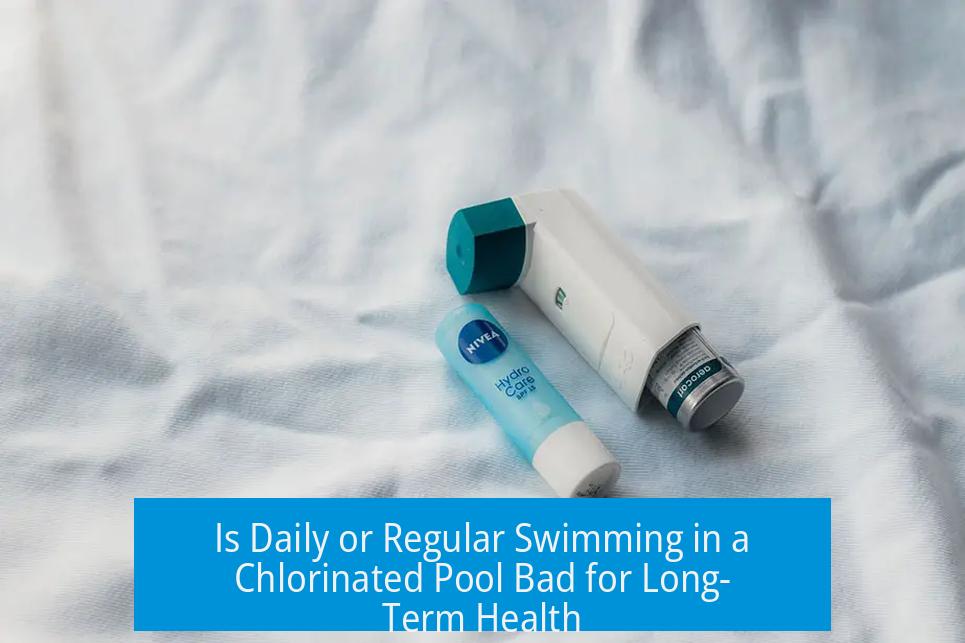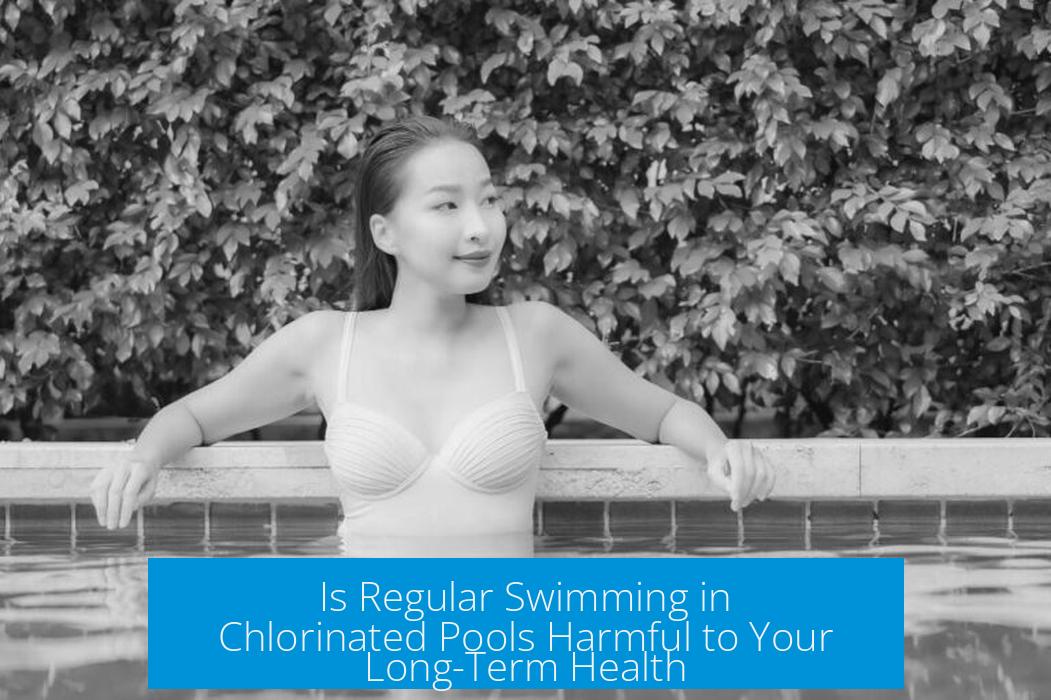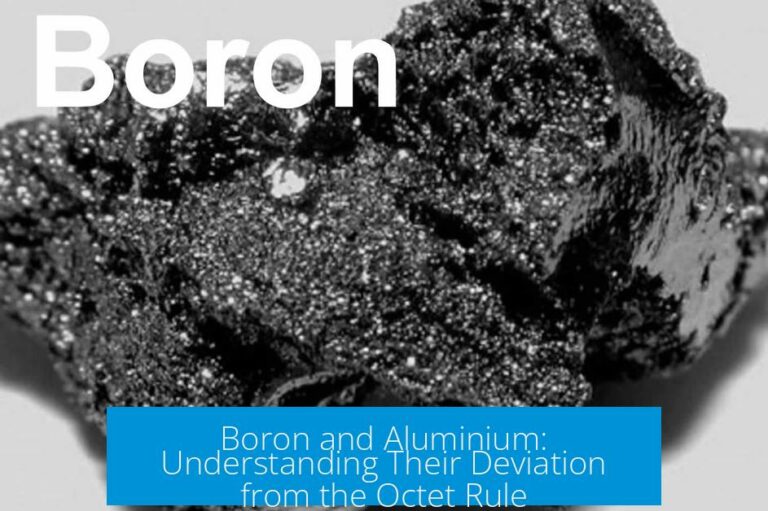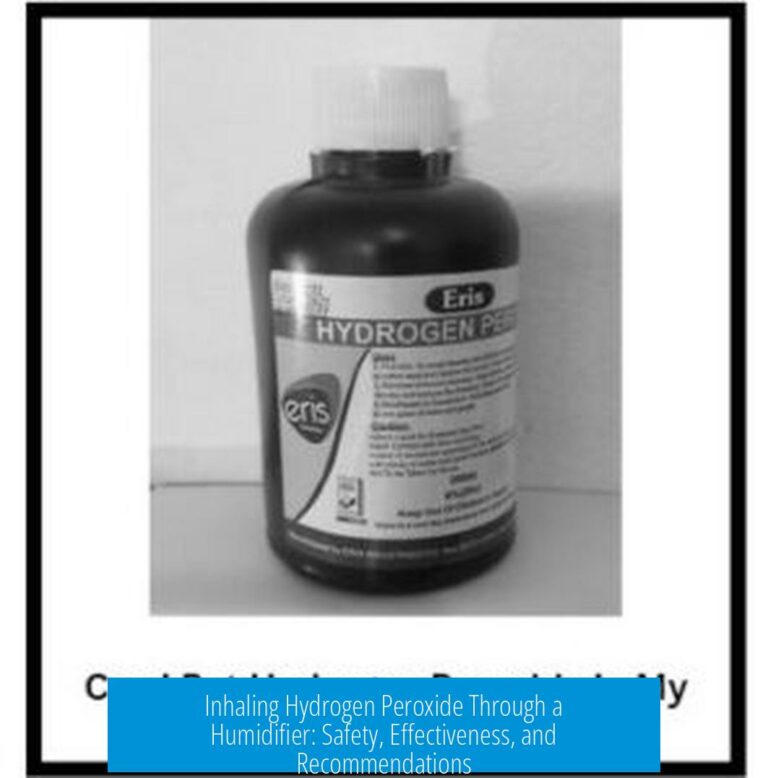Is Daily or Regular Swimming in a Chlorinated Pool Bad for Long-Term Health?

Regular swimming in a well-maintained chlorinated pool is generally not harmful to long-term health. Chlorine itself is not carcinogenic, but sensitive individuals may experience respiratory and skin irritation. The real health risks arise from chloramines and other disinfectant by-products, which effective pool management and ventilation reduce significantly.
Understanding Chlorine and Its Effects
Chlorine is widely used in pools to kill harmful pathogens. It is a strong disinfectant and helps maintain sanitary swimming environments. Various studies confirm that chlorine itself is not carcinogenic. However, chlorine can irritate the skin and respiratory tract in some people.
People with asthma or other respiratory conditions may experience exacerbated symptoms after exposure to chlorinated water or indoor pool air. For healthy individuals, chlorine exposure may cause skin dryness or mild irritation but usually does not lead to serious health problems.
Respiratory and Skin Irritations
- Chlorine exposure can aggravate asthma or bronchitis.
- Dry skin and irritation are common complaints.
- Breathing issues are rare unless there is accidental ingestion of pool water.
Chloramines and Disinfectant By-Products: Key Health Risks
Chloramines form when chlorine reacts with nitrogen-containing substances such as sweat, urine, lotions, and skin proteins. These compounds off-gas from the water into the air, causing stronger irritations than chlorine itself.
According to the CDC, chloramines can irritate the respiratory system and cause discomfort for both swimmers and spectators. Poor ventilation in indoor pools increases chloramine concentration in the air, elevating health risks.
How to Reduce Chloramine Exposure
- Wear swim caps to reduce hair absorption of substances that react with chlorine.
- Avoid using protein-based lotions or conditioners before swimming.
- Ensure pool facilities maintain good ventilation—open doors/windows and use fans.
- Only swim in pools where chlorine smell is mild; strong chlorine odors indicate overchlorination and poor water management.
Improper pool management, such as found in some hotel pools lacking professional aquatics staff, may cause excessive chloramine levels. This increases irritation and discomfort risks.
Evidence from Long-Term Swimmers and Scientific Studies
Olympic swimmers train for many hours daily in chlorinated pools, often exceeding six hours. Studies show no definitive evidence of long-term adverse health effects from such exposure when pools are correctly regulated.
An animal study showed some effects on eyes, skin, and liver after prolonged exposure to chlorinated water, but translating those findings directly to humans requires caution. Controlled human studies generally do not confirm severe chronic health issues linked to chlorinated pool use.
Additional Health Considerations
Skin Absorption of Chlorine
Chlorine dissolves rapidly in water and can be absorbed in small amounts through the skin. A simple test shows that chlorine concentration in water drops significantly after brief skin contact. However, this does not translate into systemic toxicity or cancer risk under typical swimming conditions.
Dental Health Impact
Regular swimming in chlorinated pools may cause dental erosion. Pool water chemicals can degrade tooth enamel over time, especially in swimmers who spend prolonged periods submerged.
Ear Infections and Related Problems
- Repeated swimming can lead to swimmer’s ear (otitis externa).
- Excess earwax buildup occurs in some individuals.
These issues relate more to water exposure than chlorine itself and can be managed with proper ear hygiene and protective measures.
Summary: Managing Risks of Chlorinated Pool Swimming
| Health Aspect | Fact | Recommendation |
|---|---|---|
| Chlorine | Not carcinogenic; causes mild skin and respiratory irritation | Avoid excessive exposure if asthmatic; shower post-swim |
| Chloramines | Main irritants causing respiratory issues in indoor pools | Wear swim caps; avoid lotions; ensure ventilation |
| Pool Management | Well-maintained pools have low chloramine levels | Swim in professionally managed pools; avoid strong chlorine smell |
| Long-Term Effects | No clear evidence of severe health problems in athletes using pools | Maintain routine health checks if swimming intensively |
| Dental Health | Potential enamel erosion with frequent exposure | Practice good oral hygiene and rinse after swimming |
| Ear Health | Swimmer’s ear risk due to water retention, not chlorine | Use ear plugs; dry ears thoroughly after swimming |
Key Takeaways
- Chlorine used in pools is generally safe and not linked to cancer.
- Respiratory and skin irritation can occur, especially in sensitive individuals.
- Chloramines, not chlorine, cause significant respiratory issues in indoor pools.
- Proper ventilation and wearing swim caps reduce chloramine exposure.
- Long-term swimmers do not show clear adverse health effects from chlorinated pool exposure.
- Swimming may affect teeth enamel and cause ear infections, but these are manageable.
- Choose pools with good management to minimize chemical risks.





Leave a Comment